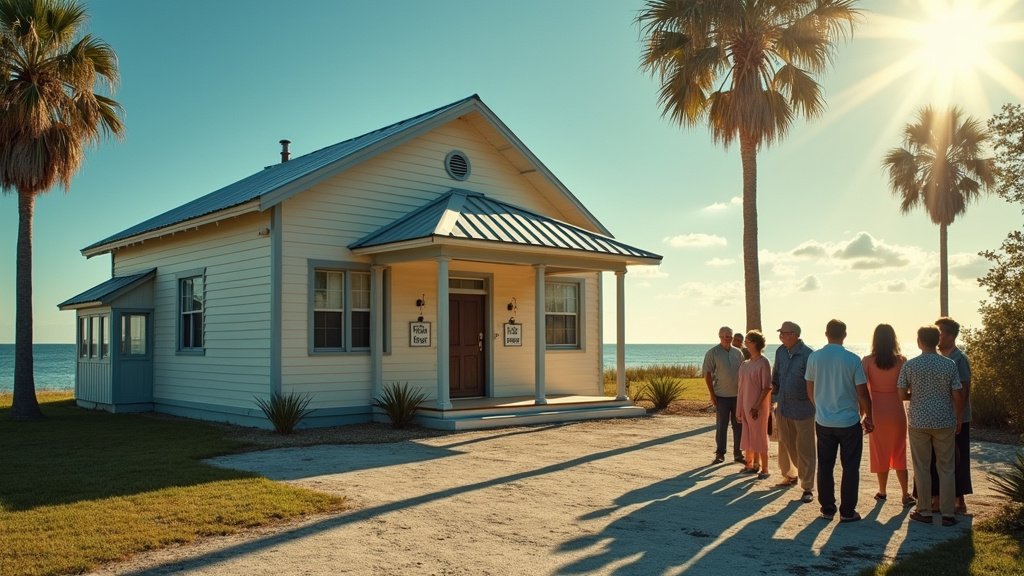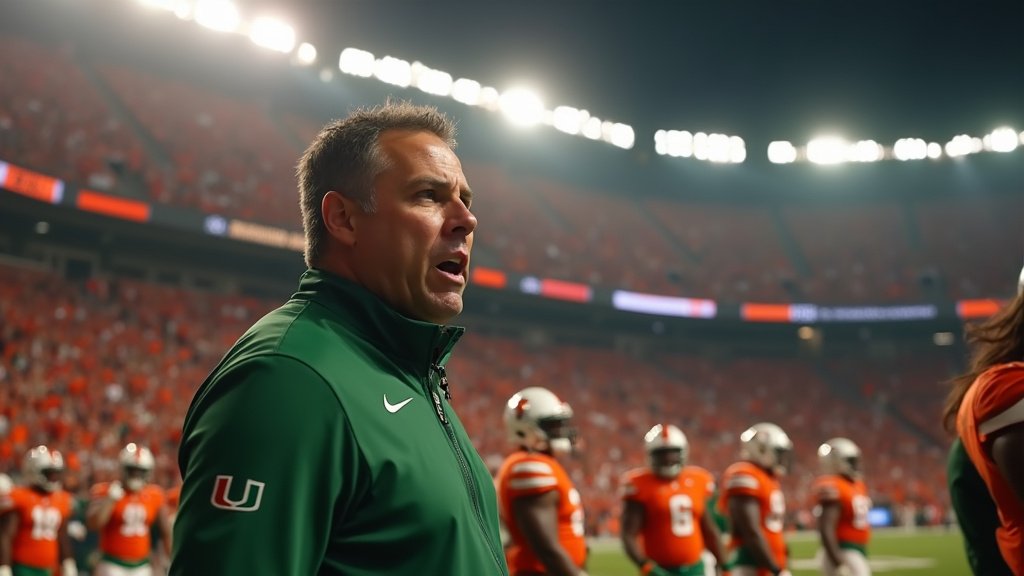Florida has long been synonymous with retirement, a sun-drenched haven where individuals could theoretically stretch fixed incomes further thanks to the absence of a state income tax. Yet, a stark reality is increasingly challenging this long-held perception. A recent analysis highlighted by the Miami Herald Editorial Board, as part of its ongoing “The Shrinking Middle” series, reveals that the state’s surging cost of living is inflicting particular pain on its senior population, squeezing budgets to a degree not seen for other demographic groups.
The confluence of persistent inflation and dramatically escalating property insurance costs has created an affordability crisis that is disproportionately impacting retirees living on fixed incomes. For many seniors who meticulously planned for their golden years, expecting a period of relative financial stability, the current economic pressures are proving relentless.
The Unexpected Burden on Fixed Incomes
The challenges are palpable even for those who appear financially secure on paper. Consider the case of George Lipp, a 72-year-old resident of Cooper City. Mr. Lipp represents a segment of the senior population who took proactive steps to ensure their financial future; he owns his home outright and receives income from Social Security supplemented by three different pensions. By traditional measures, such planning should afford comfort and security in retirement.
However, the current economic climate dictates a different outcome. Despite his careful preparations and multiple income streams, Mr. Lipp finds himself struggling merely to break even each month. The primary culprits are the soaring costs of essential goods and services, particularly groceries and property insurance premiums, which have seen steep increases.
This personal struggle underscores a broader, systemic issue affecting a significant portion of Florida’s elderly residents. Fixed incomes, by their nature, do not automatically adjust to the rapid pace of price increases seen in recent years. While younger working individuals may have opportunities for wage growth, retirees on pensions or Social Security face static budgets against a backdrop of dynamic, rising expenses.
Statistical Reality: The ALICE Threshold and Growing Poverty
The anecdotal evidence from individuals like Mr. Lipp is supported by sobering statewide data. According to analyses using the United Way’s ALICE (Asset Limited, Income Constrained, Employed) threshold – a measure recognizing that many households earn above the federal poverty level but still cannot afford basic necessities – seniors in Florida have experienced the most significant increase in financial precarity compared to any other age group.
Between 2010 and 2023, the state saw an alarming rise in the number of senior households falling below the ALICE threshold. Specifically, an additional 23% of senior households found themselves living in poverty or struggling to make ends meet during this period. This statistic is a stark indicator of how quickly economic conditions have deteriorated for this vulnerable population.
In areas like Miami-Dade County, a region known for its vibrant culture and attractiveness, the situation is particularly acute. Reports suggest that many seniors in Miami-Dade are barely managing to get by, if they are able to at all. The high cost of housing, transportation, healthcare, and daily living expenses in the metropolitan area exacerbates the squeeze on limited retirement funds.
Eroding the Florida Advantage
For decades, one of Florida’s major draws for retirees was the absence of a state income tax. This fiscal advantage was often sufficient to offset other costs and make the state an attractive, affordable destination for those on fixed incomes. However, the landscape has changed dramatically. The runaway costs of property insurance, escalating property taxes driven by rising values, and general inflation have eroded this advantage to the point where, for many seniors, the lack of income tax no longer guarantees affordability.
This shift is leading some seniors to reconsider their retirement location, contemplating moves away from the state that was supposed to be their final home. A person named Nelson, quoted in the editorial, noted this trend, mentioning seniors looking to relocate to states like North Carolina, where the cost of living, particularly housing and insurance, might be lower.
This potential outmigration of seniors on moderate incomes stands in stark contrast to other economic trends in parts of Florida, particularly in urban centers like Miami. The city has seen a significant influx of wealth, with its millionaire population nearly doubling in the past decade. While this growth signals economic vitality for certain segments of the population, it also contributes to rising costs that further marginalize those on the lower and middle ends of the income spectrum, including many seniors.
Vulnerable Without a Safety Net
The financial fragility of Florida’s seniors is compounded by the potential for reductions in social support programs that serve as a crucial safety net for the most vulnerable. The editorial specifically highlights the potential impact of cuts, noting that even a reduction of just $100 in programs like food stamps can have devastating consequences for seniors who lack any other significant financial buffer.
For those already struggling to afford groceries, a cut of this magnitude can mean going without essential nutrition, making difficult choices between food and medication, or increasing dependence on already strained charitable services. This points to a broader vulnerability within the senior population, many of whom require consistent access to social services to maintain their health and independence.
Conclusion: A Retirement Dream Under Threat
The picture painted by the Miami Herald Editorial Board and supported by statewide statistics is one of a retirement dream increasingly under threat for a significant portion of Florida’s seniors. The state that symbolized stability and affordability for fixed incomes is now presenting unique challenges, with the cost of living squeeze impacting the elderly more severely than any other group.
As the population ages and the economic pressures persist, addressing the affordability crisis for seniors will become an ever more pressing issue for policymakers and communities across Florida. Without targeted interventions to mitigate rising costs and strengthen social safety nets, the financial security and well-being of a growing number of the state’s elderly residents will remain in jeopardy, challenging the very identity of Florida as the ideal place to retire.





